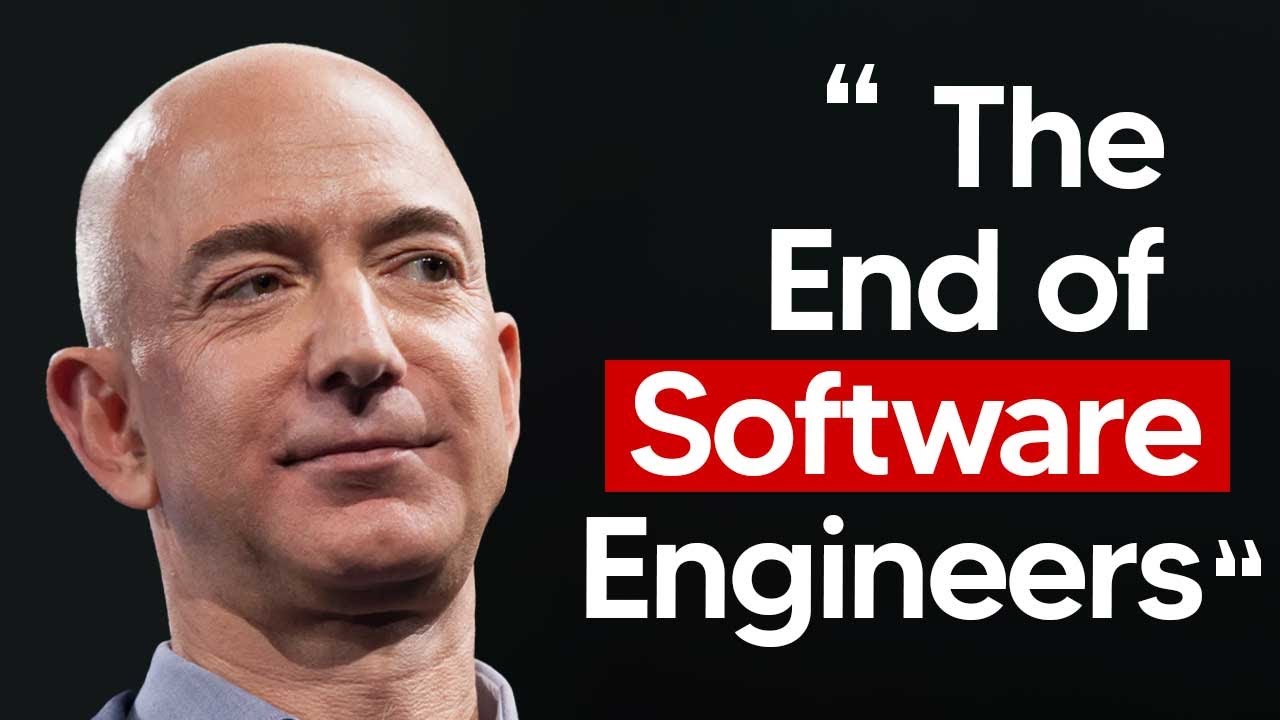In a leaked conversation, Amazon Web Services CEO Matt Garman predicted that within 24 months, AI will significantly reduce the need for traditional coding, shifting the role of software developers towards understanding user needs and innovation. He emphasized that while coding may become less central, the demand for developers to adapt and focus on higher-level problem-solving will remain crucial, presenting both challenges and opportunities in the evolving software engineering landscape.
In a recent leaked conversation, Amazon Web Services CEO Matt Garman discussed the potential impact of artificial intelligence (AI) on software engineering during an internal meeting. He suggested that within the next 24 months, many software developers may no longer need to code as AI takes over various coding tasks. However, the conversation was framed more as an advisory nudge rather than a dire warning about job loss. Garman emphasized that coding is merely a language for communicating with computers, and the focus should shift towards innovation and understanding user needs.
Garman’s prediction aligns with the rapid advancements in AI technology, which are enabling systems to perform coding tasks with increasing efficiency. He noted that the role of software developers will evolve, requiring them to develop new skills that focus more on understanding customer needs and less on traditional coding. This shift could lead to a scenario where developers become orchestrators of software rather than mere coders, as AI tools handle the heavy lifting of coding tasks.
The conversation also highlighted the growing trend of using natural language as a programming language, with English becoming a primary means of interacting with AI systems. As AI continues to improve, the demand for traditional coding skills may decrease, but the need for developers to understand the underlying technology and user experience will remain crucial. Garman’s comments reflect a broader industry trend where companies are encouraging employees to upskill and adapt to new technologies.
While some industry leaders, like the CEO of Stability AI, have made bold predictions about the future of programming, Garman’s tone was more optimistic, suggesting that AI could create new opportunities for developers rather than eliminate their roles. The conversation acknowledged the fears surrounding AI’s potential to disrupt the job market but emphasized that the focus should be on enhancing productivity and creativity in software development.
Overall, the discussion points to a significant transformation in the software engineering landscape over the next few years. As AI continues to advance, the role of developers will likely shift towards higher-level problem-solving and innovation, with coding becoming a less central aspect of their work. This evolution presents both challenges and opportunities for current and aspiring software engineers as they navigate the changing dynamics of the industry.
